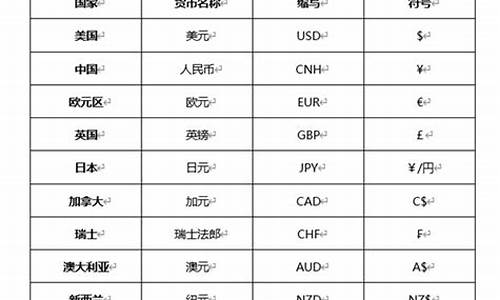
Inflation is a common phenomenon that occurs when the general price level of goods and services
increases over time. While moderate inflation can be beneficial for the economy,
rapid or severe inflation can have negative consequences on individuals, businesses, and
the overall economy. In this article, we will discuss some strategies that can be
used to respond to an impending inflation crisis.
1. Monitor Prices Regularly
One of the most important steps in responding to an inflation crisis is to monitor prices regularly. By keeping track of prices for essential items such as food, housing, and transportation, individuals can adjust their spending accordingly to avoid overspending during periods of high inflation. Similarly, businesses can monitor prices for raw materials and other inputs to ensure that they are not overpaying for goods and services.
1. Increase Savings
Another way to respond to an inflation crisis is to increase savings. By saving more money during times of low interest rates, individuals can build up emergency funds and prepare for unexpected expenses. Similarly, businesses can increase savings to fund operations or invest in new projects during periods of high inflation.
1. Invest in Diversified Portfolios
Investing in diversified portfolios can be an effective way to hedge against inflation. By investing in assets such as stocks, bonds, and real estate that typically perform well during periods of inflation, individuals and businesses can protect their wealth from the negative effects of inflation. However, it is important to consult with a financial advisor before making any investment decisions.
1. Reduce Spending on Non-Essential Items
During periods of high inflation, it may be necessary to reduce spending on non-essential items such as entertainment, travel, and luxury goods. By cutting back on these expenses, individuals and businesses can save money and avoid overspending during times of economic uncertainty.
1. Shop Around for Best Deals
Shopping around for the best deals on essential items can also help individuals and businesses respond to inflation. By comparing prices at different stores and retailers, individuals can find the best deals on groceries, household goods, and other essential items. Similarly, businesses can negotiate better prices with suppliers to reduce costs and improve profitability during periods of high inflation.
1. Plan Ahead
Planning ahead is another important strategy for responding to an inflation crisis. This includes setting aside money for emergencies, planning for retirement, and making long-term financial goals such as buying a home or starting a business. By planning ahead, individuals and businesses can better prepare for potential economic challenges and minimize the negative effects of inflation.
In conclusion, responding to an inflation crisis requires careful planning and preparation. By monitoring prices regularly, increasing savings, investing in diversified portfolios, reducing spending on non-essential items, shopping around for the best deals, and planning ahead, individuals and businesses can protect their wealth and minimize the negative effects of inflation.










